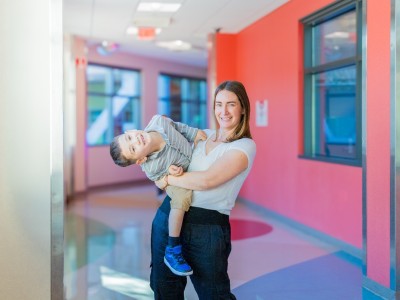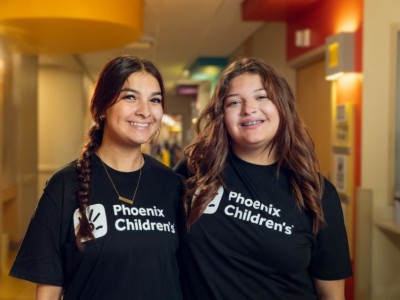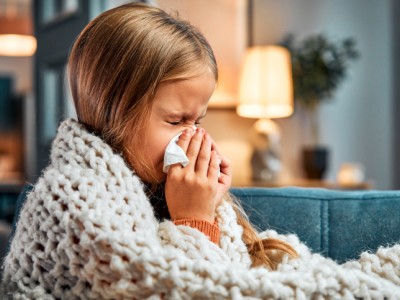Bright Futures Blog
The Bright Futures Blog (“Blog”) provides general information and discussions about health and related subjects. The information and other content provided in this Blog, website or in any linked materials is provided for educational and informational purposes only and is not intended and should not be considered, or used as a substitute for, medical advice, diagnosis or treatment. If you or any other person has a medical concern, you should consult with your health care provider or seek other professional medical treatment immediately. Never disregard professional medical advice or delay in seeking it because of something you have read on this Blog. If you think you may have a medical emergency, call 911 or go to the nearest emergency room immediately.

A heart for Harrison

Where Hope Beats Strong

Noriah’s Story: Part Girly-Girl, Part Tough Girl, All Heart

Headache home monitoring improves patient care

Supporting Your Child’s Mental Health - Just Like Their Physical Health

Healthy Habits for Your Family in the New Year

Oral Immunotherapy (OIT) Treatment for Children with Food Allergies

Helping Your Child Feel Better During Cold and Flu Season

Supporting Children’s Mental Health During the Holidays

Healthy Holiday Nutrition Tips for Kids

Phoenix Children’s First Awake Brain Surgery

